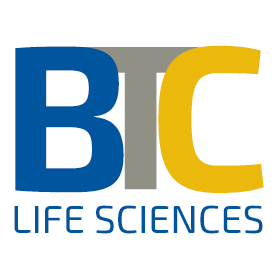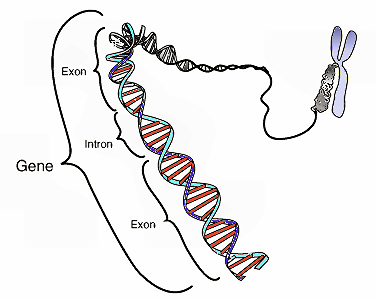Covid-19: New energy for flagging immune cells
Immune cells do not receive sufficient suitable energy carriers in infected individuals, a study reveals
In severe Covid-19 patients, the metabolism produces insufficient amounts of certain energy-rich compounds called ketone bodies. However, these energy carriers are needed by two important cell types in the immune system in order to fight the virus effectively. Perhaps this finding explains why some people fall ill so much more severely than others. A study led by the University of Bonn and the University Hospital Bonn at least points in this direction. The results have now been published in the journal Nature. They also give hope for new therapies.
When we fall ill, we often lose our appetite. This also has an effect on our metabolism: since it is no longer as well supplied with carbohydrates, it switches to burning fat. This creates energy-rich molecules called ketone bodies. And these may help our body to cope better with viruses.
At least that is what the results of the current study suggest. “We found that patients with influenza infections produce ketone bodies in considerable quantities,” explains Prof. Dr. Christoph Wilhelm from the Institute of Clinical Chemistry and Clinical Pharmacology at the University Hospital Bonn, who is also a member of the Immunosensation2 Cluster of Excellence at the University of Bonn. “In contrast, we saw hardly any increase in Covid-19 patients, at least in those with a moderate or severe course.”
In addition, it was striking that those infected with the coronavirus had lower levels of inflammatory messengers in their blood. This was particularly true for interferon-gamma. This is a cytokine secreted by a specific group of immune cells, the T-helper cells. These cells use it to summon the help of phagocytes and other defense troops of the immune system to fight viruses. For efficient production of IFN-gamma, however, the helper T cells apparently require an adequate supply of ketone bodies. If this is lacking, they produce less interferon-gamma. In addition, the helper T cells then die earlier. […]
Participating Core Facilities: The authors acknowledge the support from the Flow Cytometry and Next Generation Sequencing Core Facilities.
Participating institutions and funding:
In addition to the University Hospital and the University of Bonn, the TU Braunschweig and the University Hospitals of Hannover, Zurich, Nijmegen and Essen were involved in the study. Christoph Wilhelm is a member of the Transdisciplinary Research Area “Life and Health” at the University of Bonn.
The study was funded by the German Research Foundation (DFG), the German Federal Ministry of Education and Research (BMBF), the European Research Council (ERC), and the Netherlands Organization for Scientific Research (NWO).
Publication: F. Karagiannis et al.: Impaired ketogenesis ties metabolism to T cell dysfunction in COVID-19; Nature; DOI: 10.1038/s41586-022-05128-8







